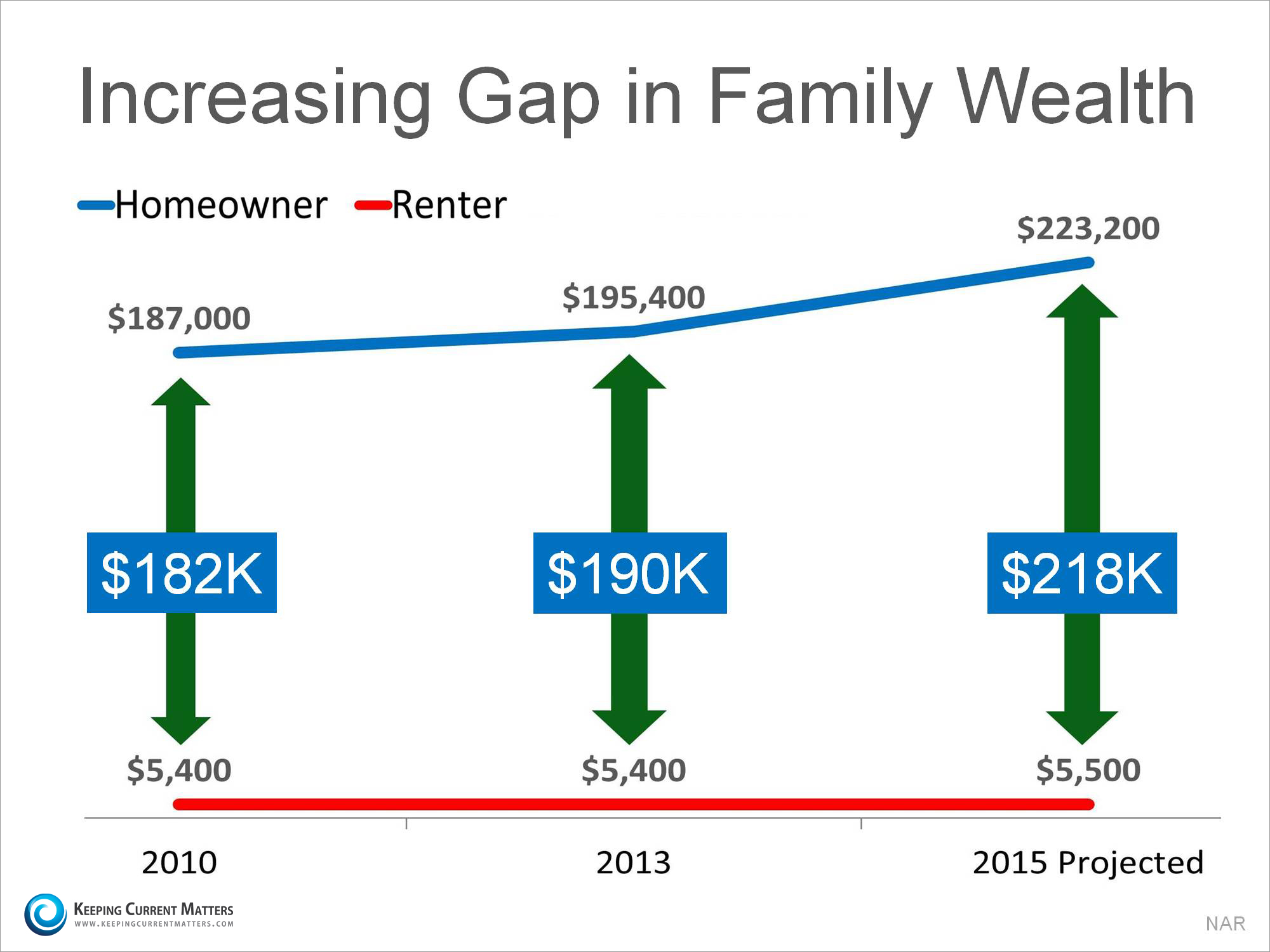I’ve come to realize that a vast majority of us share the same goal in life. We want to commit, work, face and take responsibility for as little as possible, yet still be comfortable. In schools today, the child that makes B’s and C’s with little or no effort is met with more admiration than the child who devotes hours to their task to receive an A. Although in school one can make an argument that it is overall better to be “well rounded”, when it comes to life and especially to finances only those who are committed reach the highest levels of success.
People Aren’t Lazy, They Are Simply Uninspired
During my nearly two decades in business, I have observed people at virtually every stage of commitment and I have seen many climb through the various stages. Initially most people hesitate for a variety of reasons to really put forth a full effort. Sometimes it is because they are afraid of failure and can use the lackluster effort as their excuse. Other times it is because of a lack of confidence or understanding and sometimes it is simply because they don’t want to exert themselves. I used to refer to them as lazy but now I truly believe there is no such thing as a lazy person. It’s true. I’ve seen people who everyone would agree is very lazy, get up at 4am and hike miles into the woods to a location that they had scouted out weeks and months in advance simply to try to kill a deer that they will then have to cut up into smaller pieces and carry back out. That is commitment. People aren’t lazy, they are simply uninspired. You need to know what inspires you.
I am beginning to understand that the most important role I play is in helping people comprehend what it actually takes to achieve the level of success that they say they wish to achieve. For example, my 11 year old son wants to grow up and become the greatest golfer to ever play the game. To him, this will be measured by beating Jack Nicklaus and Tiger Woods for number of tournaments and major tournaments won professionally. I would never discourage any of my children from trying to reach an honorable goal, but in this case we must all admit this is a monumental task. Would it be fair to my son if I didn’t explain to him that if he really wants to achieve his goal, he will have to devote a majority of his time every day from now until he is 45 years old to improving his golf game? It will alter what he eats on a daily basis, how he exercises, who he is friends with, his grades, and virtually every other aspect of his life. At work, it is very similar. You must first determine what a person’s goal is and then help them develop a REAL understanding of what it will take for them to get there.
Why Are We Like This?
Probably the biggest observation I’ve had during my career is exactly how little time and effort people invest into their personal finances. Most of us go through life driving from home to work and hoping that the direct deposit is enough to pay the bills or “make ends meet”. We don’t really think much about savings or investments other than to do what everyone else does at work by contributing a small percentage to our retirement plan. When it comes to borrowing money, we are even worse. We simply search the internet and make a few calls and usually select a person with less financial experience than we have to advise us on how we should structure financing our new home. Why are we like this? Is it because it might be painful to face where we stand? If that’s the case, trust me, it will be a lot more painful down the road when you are forced to face it.
Properly managing your personal finances is almost exactly like growing your business and reaching any other goal. It doesn’t take that much more time or energy. It simply takes a consistent effort and a little focus. Take the time to review the basics.
Ask Yourself the Following Questions:
- How much life insurance do I need?
- How much do I spend each week?
- How much do I take home each week?
- Do I have the right kind of auto and home insurance?
- What would happen if I were in an accident and injured someone else?
- What would happen to my family if something happened to me?
- What will my income and lifestyle be like when I retire?
These questions are so basic yet the truth is very few of you know the answers to them. If you are in your 20’s or older and have started your career, it is critical that you get a game plan for your personal finances and that you do it sooner rather than later.
As I stated earlier, I am beginning to understand that the most important role I play is in helping people comprehend what it actually takes to achieve the level of success that they say they wish to achieve. Virtually every day I meet with a client and ask them what their plans are financially for their home, family and finances. Helping them figure out the best interest rate option is easy. The real value comes in helping them figure out what they want financially and creating a game plan to get it. If you don’t have one, please get with someone and figure it out. It will help you and your family tremendously and I’m personally convinced it will go a long way toward bringing our country back as well.
Marty Preston, Branch Manager of Benchmark Mortgage in Lexington, Kentucky, is a consistent Top Producer and one of the country’s premier mortgage lenders. Marty is also a nationally known speaker and a major force in the national mortgage banking scene.






